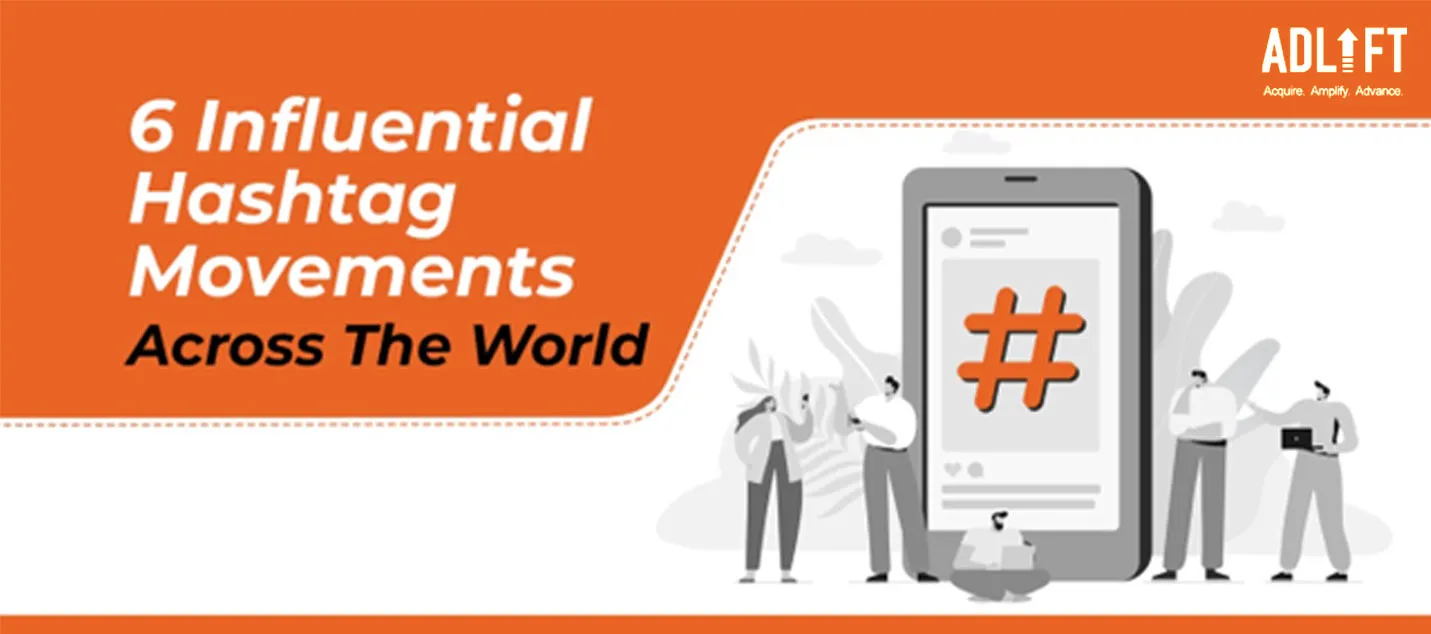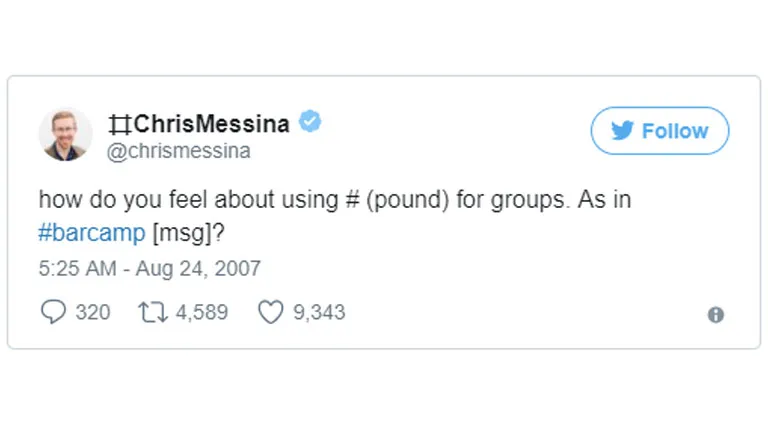6 Influential Social Media Hashtag Movements Across the World

Who would have thought that the humble pound sign (yes, that’s what it was called!) would one day transform the way we use social media? Today, a #hashtag is something we take for granted and we don’t think twice before adding several relevant hashtags to our posts. But ever wondered what these hashtags are and the kind of significance they carry? Here’s a tiny peek into history:
On August 23rd, 2007, Chris Messina tweeted that the Pound sign should be used to combine all related tweets. He used the term “hashtag” in reference to the pound signs more widely used nickname, the octothorpe. Some users were skeptical of his suggestion, but it quickly gained popularity as a means to organize tweets and make them simpler to find. Millions of people use hashtags to express their opinions and personal experiences on various topics nowadays. Although hashtags were initially created to organize tweets, they have since evolved into an important marketing and branding tools. Chris Messina created hashtags, which have revolutionized the way we communicate on social media.
Hashtags today are not only used as tools to promote, organize and draw attention, they have also become a powerful medium of #digitalactivism. To further demonstrate the power of the hashtag, here’s a quick run through on some of the most transformative hashtag movements in recent times. Read on

